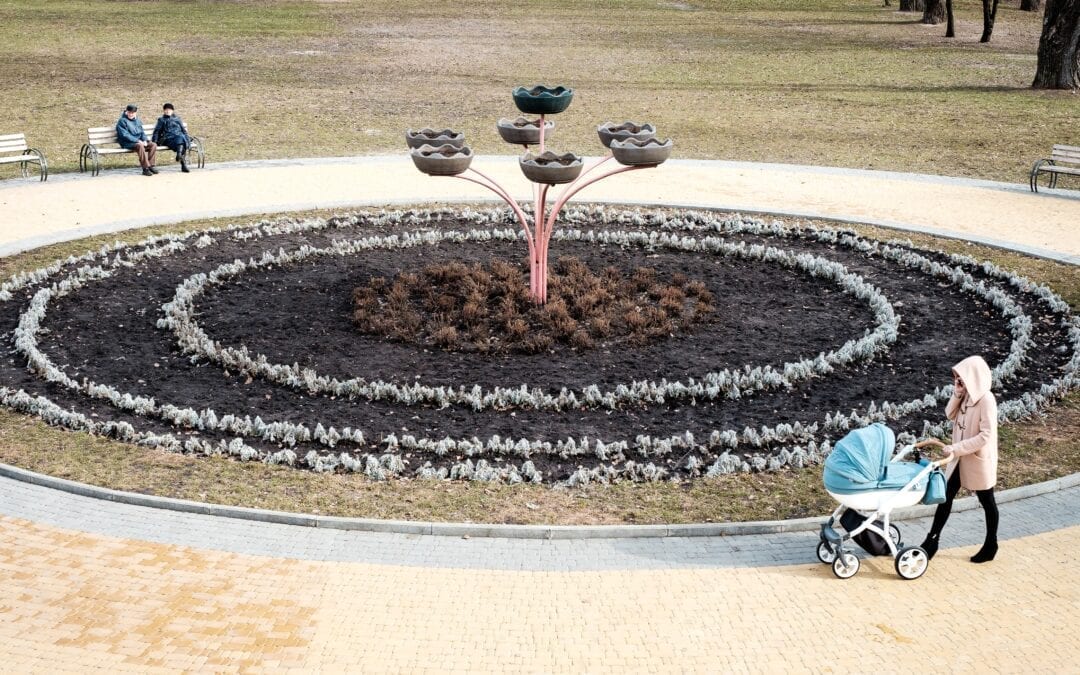Parks provide environmental, aesthetic, and recreation benefits to our cities. They greatly enhance property values, increase municipal revenue, bring in homebuyers and attract retirees. Residential areas and green spaces have been shown to have positive external effects on neighborhoods – mainly via less crime (personal and property). Some research even claims that parks play an important role in providing venues for physical activity in urban areas and are critical in fighting obesity.
So why is it that many parks around our neighborhoods are underutilized?
Park design is not one-size-fits-all. Different communities have different requirements for their parks, and demographics change over time. Once used by families with small children, children grow up, emigrate out and an area can quickly turn into a retirement community overnight.
Local Park managers should consider how their parks fit into the surrounding community, and if it still serves the current, community’s needs. How is this accomplished? With today’s technology, mobile apps, mapping technology and sensors can provide the answers to these questions which can help Park managers and their cities to make their parks smarter. A SMART Park is characterized by one that is creatively utilized and reflects its environment (physically, ecologically, socially, and culturally).
Sensors combined with geo-location mapping apps (thanks to the massive amounts of data they can collect) can help enhance park services and make them more attractive for the immediate community. Sensors can be attached to benches, buildings, or equipment, and data transferred to the city cloud. Combined with a geo-location app like Geme.io for example, information can be displayed on a virtual map to the benefit of a park user.
Consider this – a user can create their own location pins (“We are a group of mothers with children ages 4 to 5 at the park until 15:00 today”) or simply report a problem (“The seat on the public exercise machine just north of the pond is broken”).
A Park manager can map the distribution of user activities in parks (equipment) to determine how efficient the supply and demand ism and instead of using surveys, which are only one glimpse in time, the Geme.io app could track the usage and show the city how users are utilizing the park (movement data) and then send that anonymized info back to city cloud. It can also be used to classify parks and mark them in the app, thus identifying whether it is a family friendly facility or a place more apt for retirees.
Data dissemination together with digital content makes it possible for participant responses to be quickly compiled on a single online platform which will save time and money for the city by allowing decision-makers to understand how parks of various sizes and features contribute to community health.
The Geme.io app has the potential to enhance park visitor engagement, streamline park administration, create content, collect data and engage users in their community. Besides quickly providing park-related information on location, the app can also give real-time directions and parking availability.
Data collection through apps can smartly track park changes over time, and by recording statistics such as visitor demographics and park programming attendance, managers can track how well the park is serving its community. Besides providing information on location, the Geme.io app provides information on nearby air quality via the integration with various APIs, sensors or equipment outfitted to measure pollution, noise and foot traffic.
Geme.io can trigger automatic notifications to people passing by encouraging visitors to visit at nonpeak times. Alternatively, the app has (built-in) a community heart badge system which can be used be used to incentivize outdoor play and physical activity by awarding location-based markers (“Gemies”) to mothers with children who engage with various park features. A mother can convert those Gemies to benefits (free healthy lunch, a cinema ticket) in the city she lives in.


Recent Comments